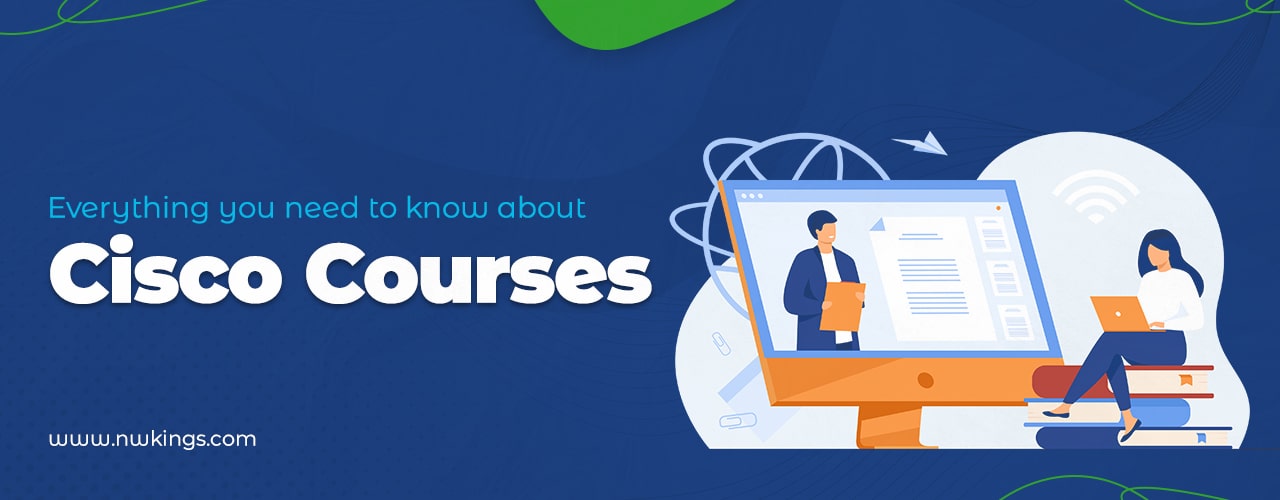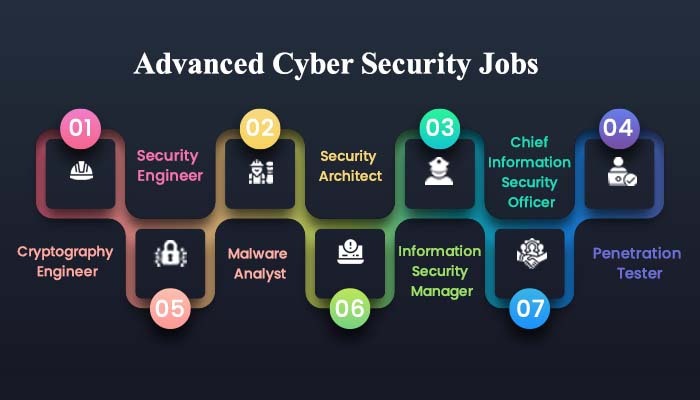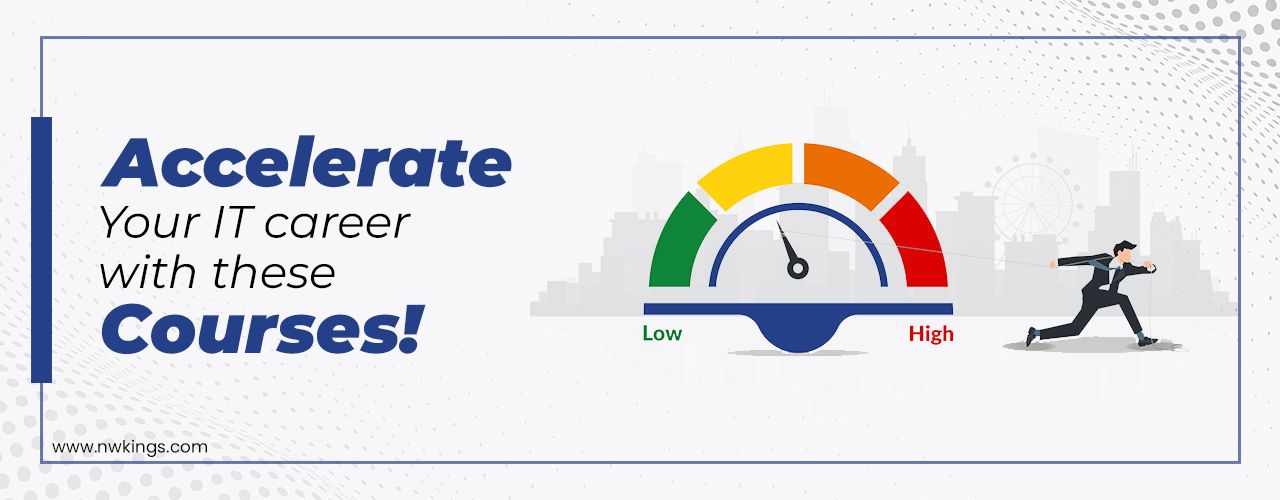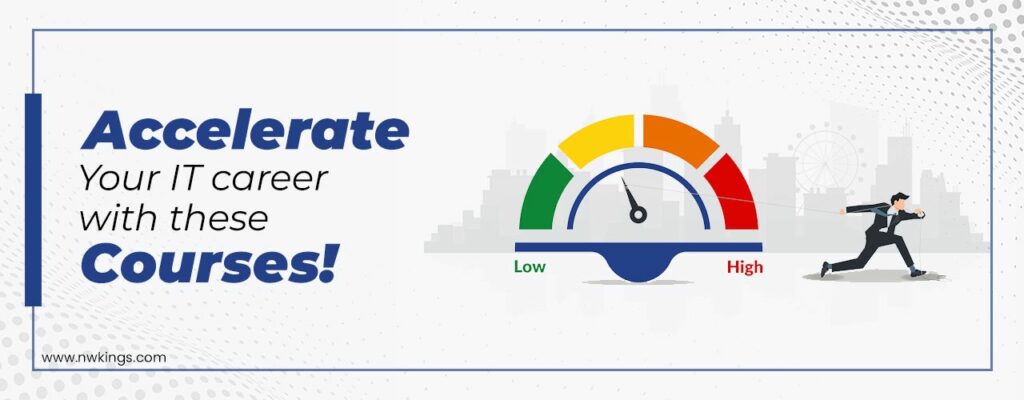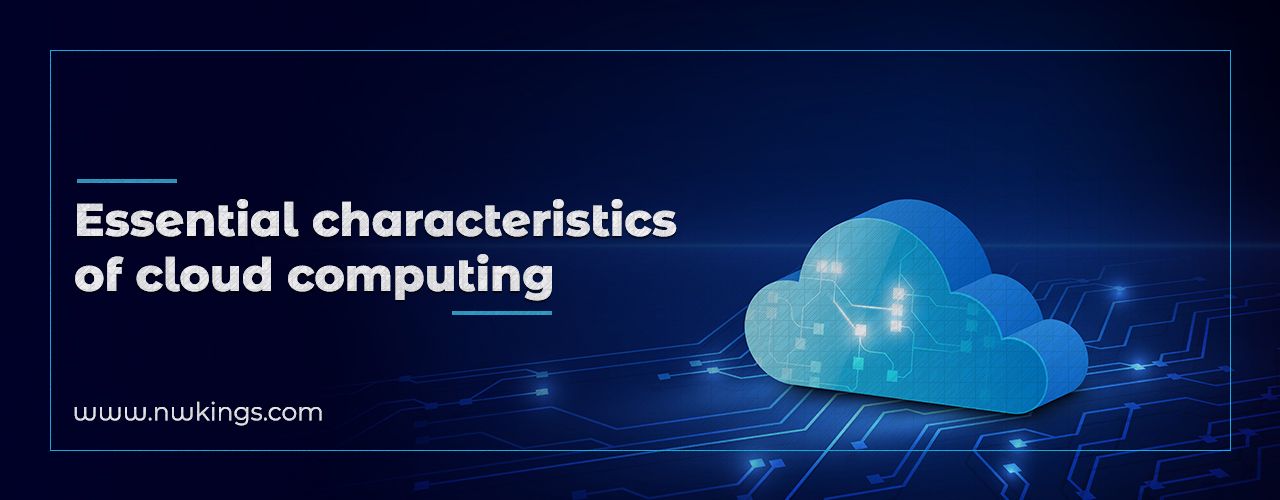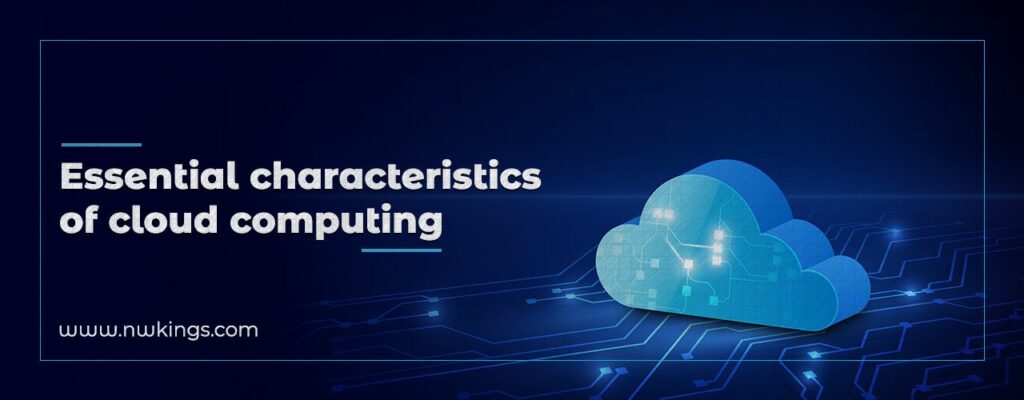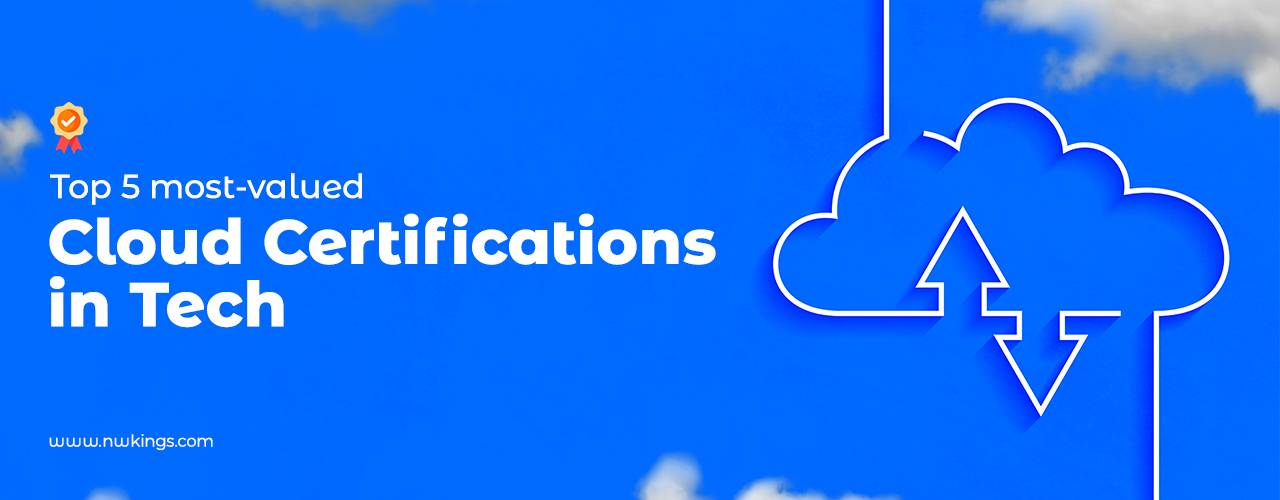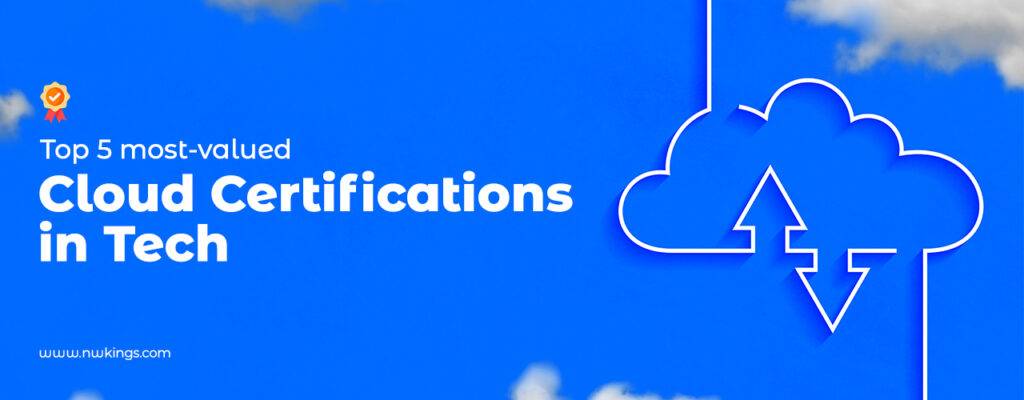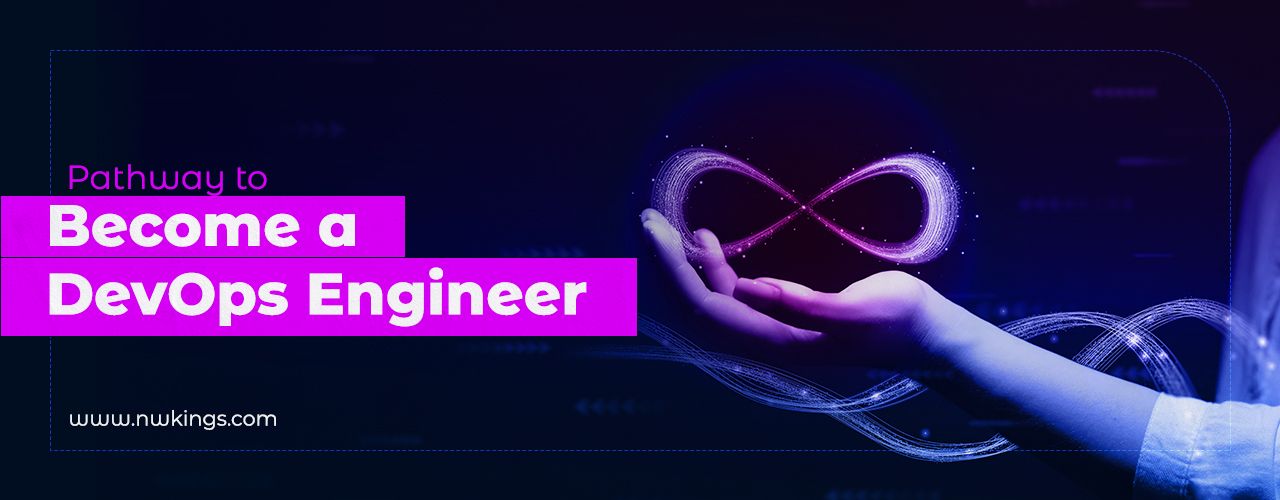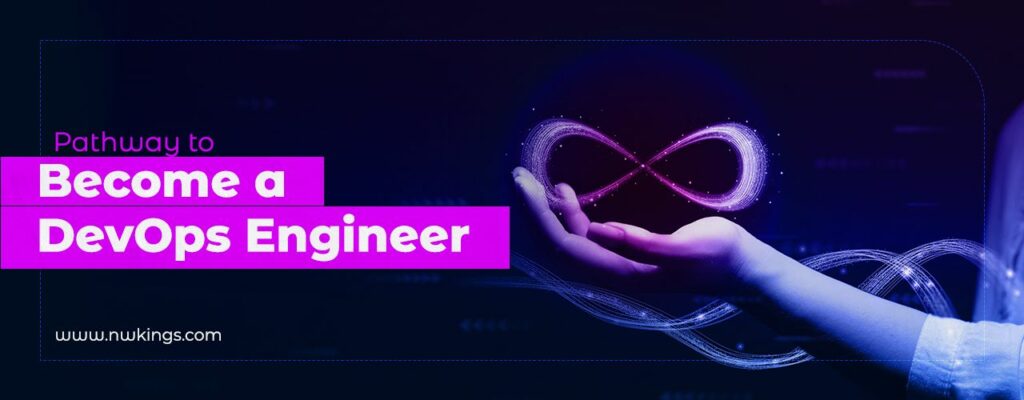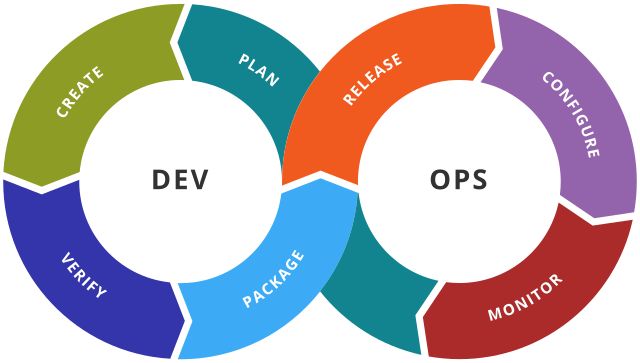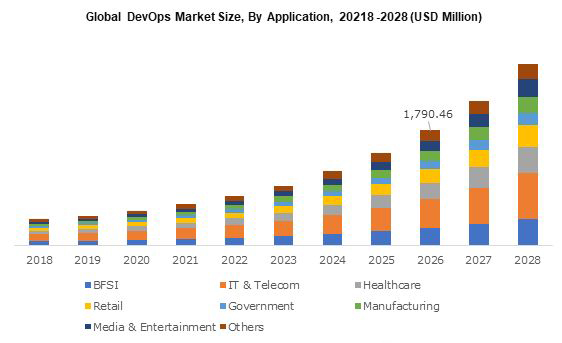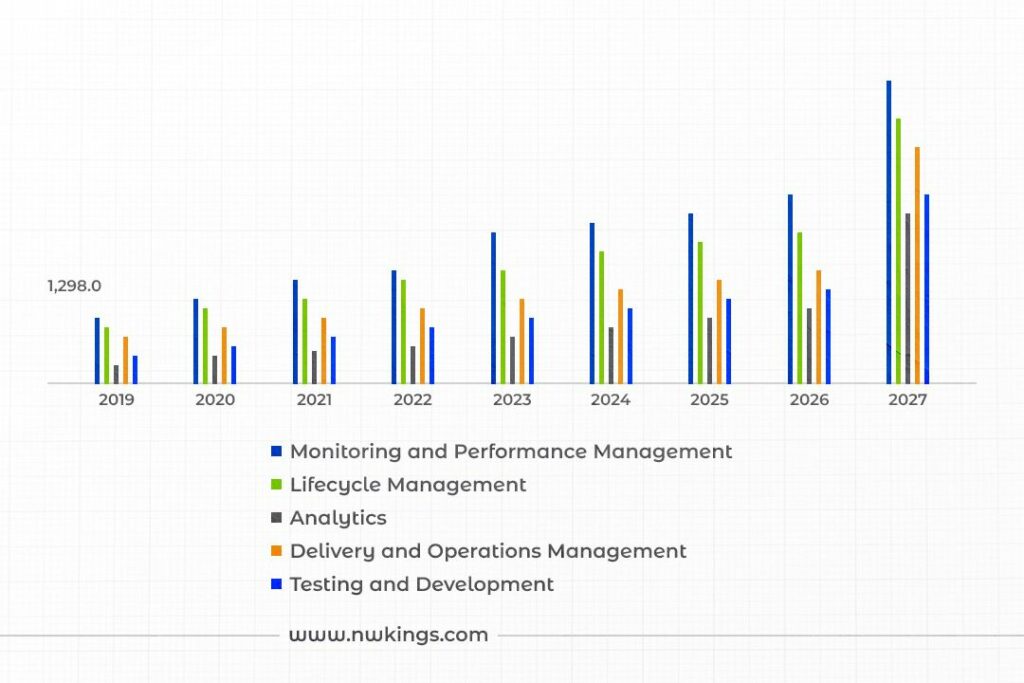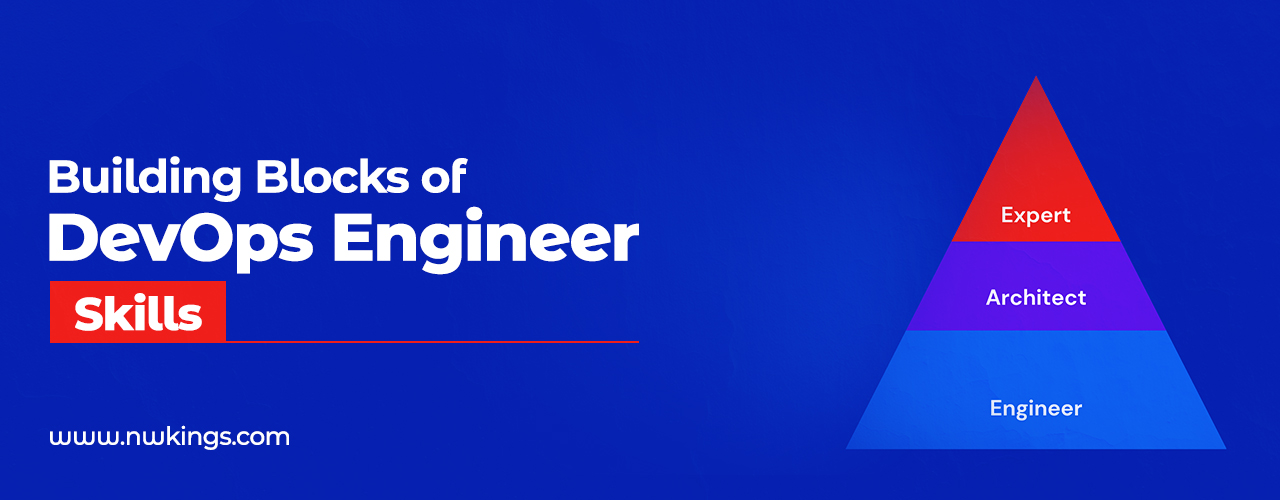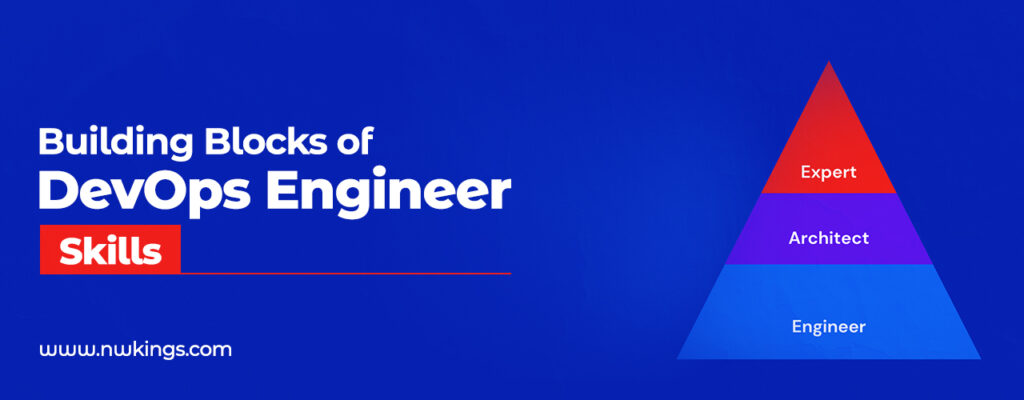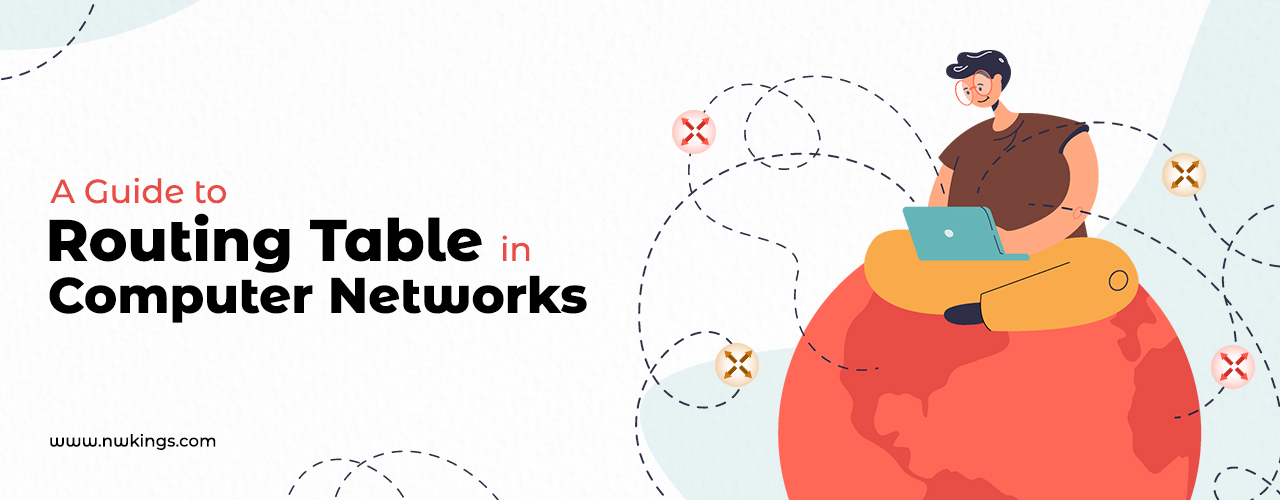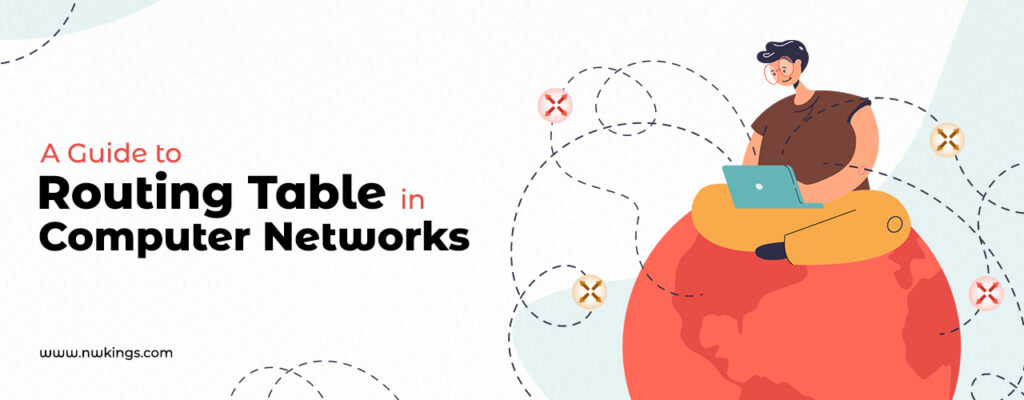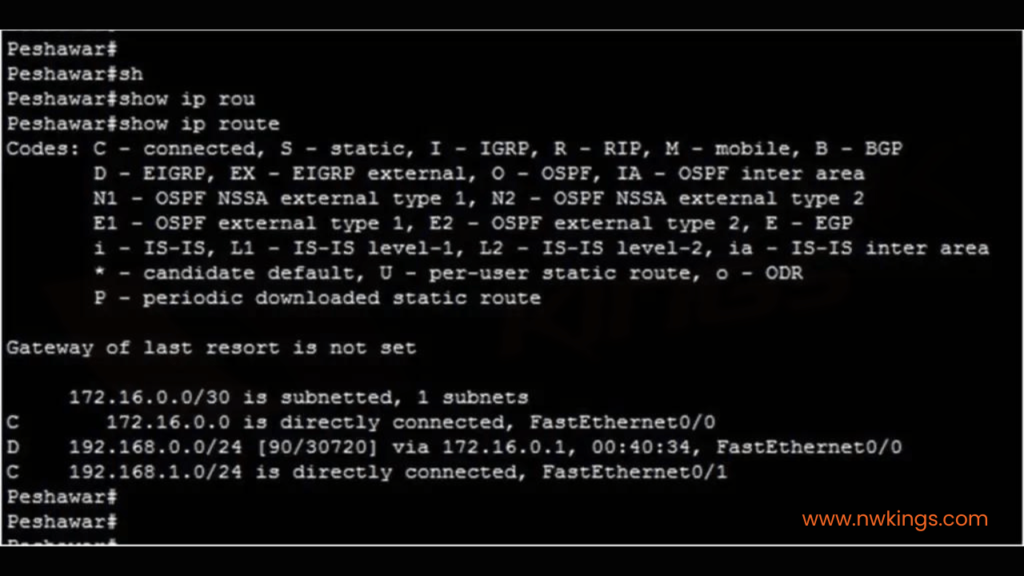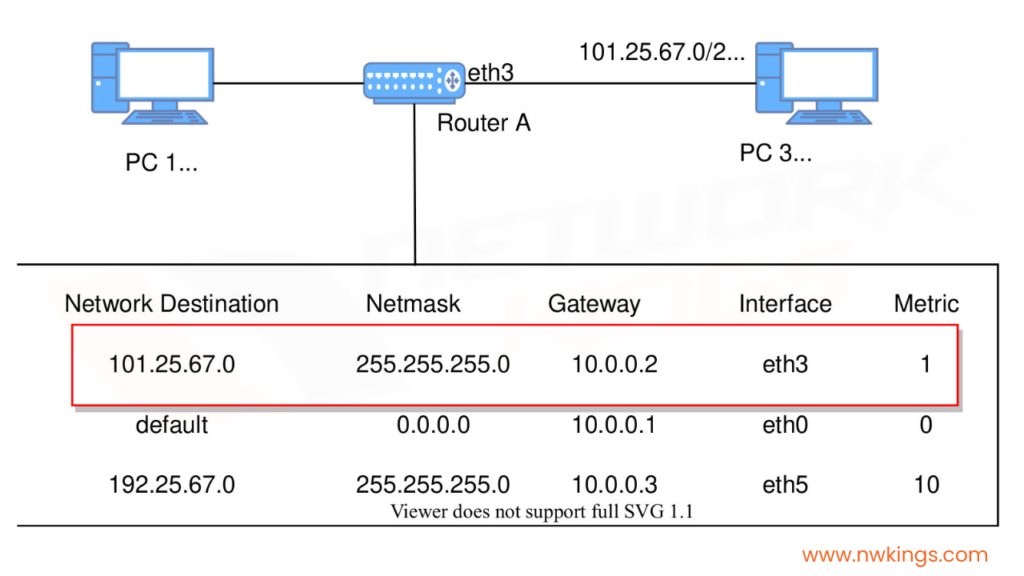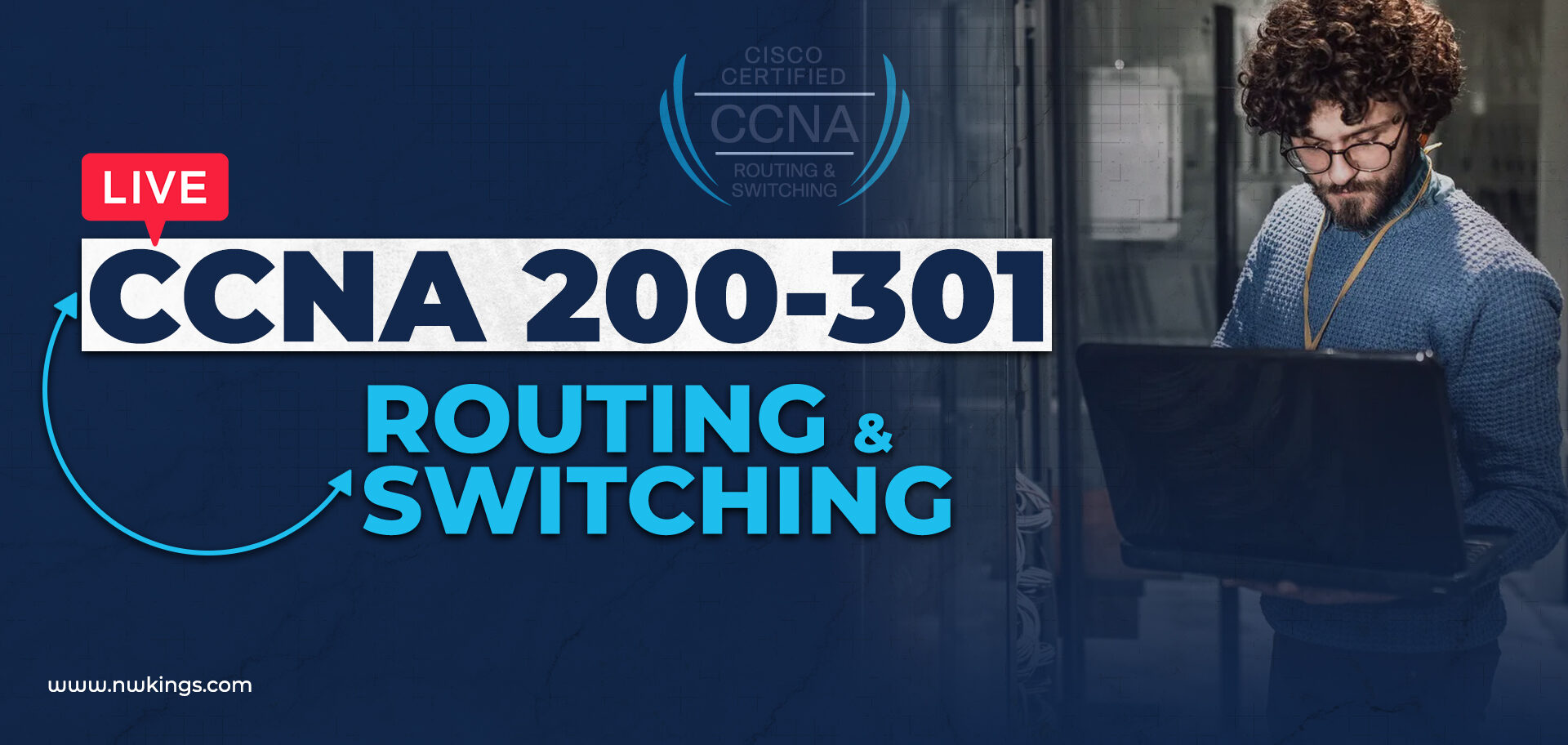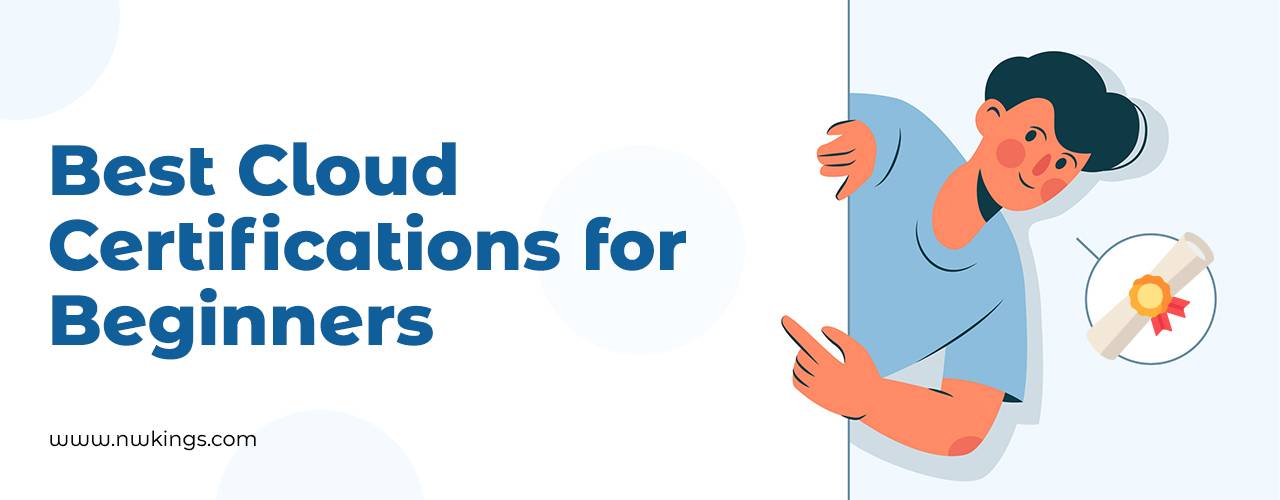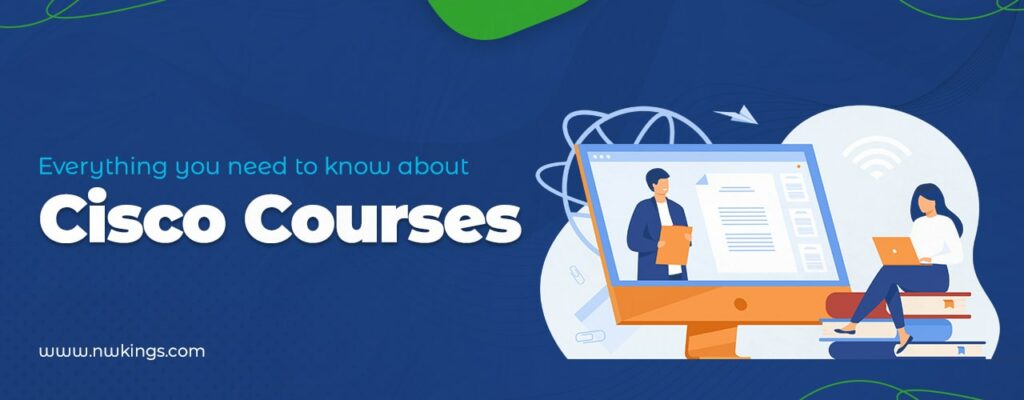
Why Cisco Courses? The IT industry is booming right now, especially the network infrastructure industry. This industry is expected to grow at a CAGR of 5.3% from 2022 to 2028 with a revenue of $80.7 billion. This has led to a whopping increase in the demand for network professionals, especially Network Engineers.
When we talk about Network Engineers, the first thing that pops up is the Cisco courses. These certifications are vendor-specific and the most popular certifications to enter the networking industry.
In this guide, we will discuss the complete cisco certification path and how you can kickstart a career in the networking industry. We will also graze over the best Cisco certification courses at different levels as mentioned by Cisco itself.
In addition to that, we will also cover the respective exams that are covered in various Cisco certifications. We will also discuss the job prospects and the salaries of the various professionals accordingly.
Keep on reading to know about the Cisco courses in detail.
The Levels of the Cisco Courses
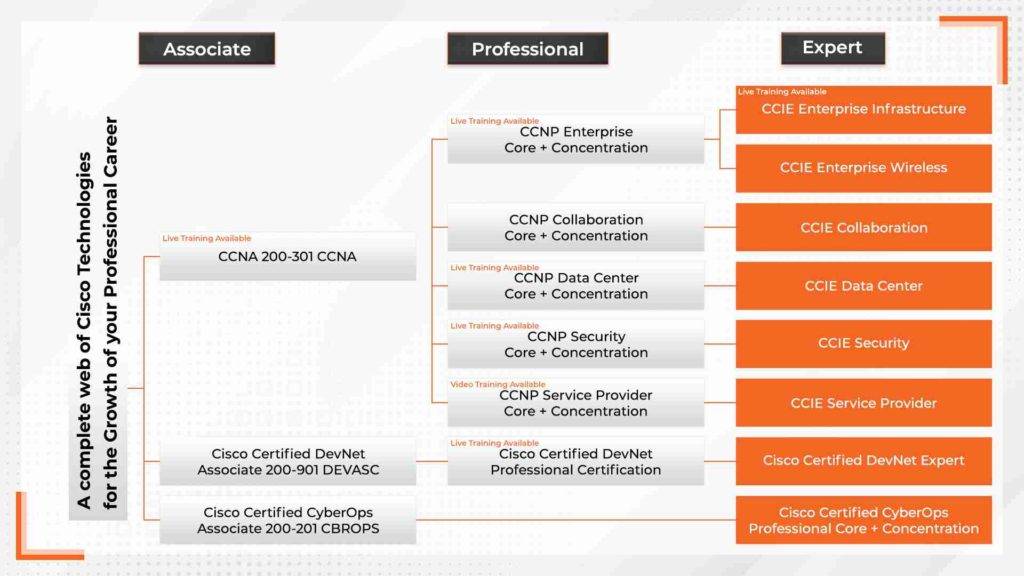
The Cisco certifications are divided into the following descending level of hierarchy:
- The Associate-level Cisco certifications
- The Professional-level Cisco certifications
- The Expert-level Cisco certifications
In this guide, we will discuss all these different levels of certifications in detail.
The Associate-Level Cisco Courses
You can consider the associate-level Cisco certifications if you are a beginner and you want to begin your career in the networking industry as a Network Associate. The most popular Cisco associate-level certification is the Cisco Certified Network Associate (CCNA) certification.
Let us now dive deep into the associate-level courses.
1. Cisco Certified Network Associate (CCNA):
The CCNA certification is the world’s most popular certification to enter the networking industry. With the everchanging networking and IT landscape, the CCNA certification proves your skills in managing and optimizing the most advanced networks.
Exam: You need to take the CCNA 200-301 exam in order to become a Cisco Associate.
What You’ll Learn in the Course?
You will learn the following skills:
- Network fundamentals
- Network access
- IP connectivity
- Security fundamentals
- Automation and programmability
What are the requirements for the course?
The prior requirements for associate-level Cisco courses are as follows:
- You must have basic computer and hardware knowledge.
- If you don’t have any prior computer knowledge, I recommend you take CompTIA A+ certification first.
What are the Job Opportunities after CCNA?
You can land the following jobs after CCNA:
- Entry-level Network Engineer
- Technical Support Engineer
- Systems Engineer
- Network Administrator
- Information Technology (IT) Manager
- Help Desk Technician
2. Cisco Certified DevNet Associate:
If you want to learn network automation across a network, security, collaboration and network infrastructure, the Cisco Certified DevNet Associate is the best Cisco course to enroll in. You can also learn Python in order to learn network automation as a Network Engineer.
Exam: You need to take the 200-901 DEVASC exam in order to become a DevNet Associate.
What You’ll Learn in the Course?
You will get hands-on with the following skills:
- Enterprise
- Data Center
- Security
- Service Provider
- Collaboration
What are the requirements for the course?
There are no harsh requirements for the course.
- You just need to have some introductory knowledge about computers.
- You need to have at least one year of experience with software development and Python in general.
What are the Job Opportunities after DEVASC?
You can land the following jobs:
- Network Automation Engineer
- Network Developer
3. Cisco Certified CyberOps Associate:
Who handles the networks when an organization becomes prone to cybersecurity threats? Here is where you can be the hero by becoming a CyberOps Associate. You get to work closely with the Security Operations Center (SOC) team.
Exam: You need to take the 200-201 CBROPS in order to become a CyberOps Associate.
What You’ll Learn in the Course?
You get a chance to learn the following skills:
- Security concepts
- Security monitoring
- Hotbased analysis
- Network intrusion analysis
- Security policies and protocols
What are the requirements for the course?
There are no prior requirements for this certification course.
What are the Job Opportunities after CBROPS?
You can land the following jobs:
- Cybersecurity Support Analyst
- System Administrator
- Network and Security Administrator
- Entry-level Network Engineer
The Professional-Level Cisco Courses
Once you are done with the associate-level Cisco courses and worked for almost 2-3 years in the networking industry, it is the best time to climb up the ladder. It is always recommended to do the associate Cisco courses first in order to move forward to the professional-level Cisco courses.
There is one thing common about all the professional Cisco courses, and that is, you need to give two exams if you want to become a Cisco professional. These two exams are:
- The core exam:
This exam covers all the core technologies that are the basic foundation of Cisco technology.
- The concentration exam:
You can consider this exam to prove your expertise in a specified technology. You can then refine your skills through this exam preparation.
1. Cisco Certified Network Professional (CCNP) Enterprise:
With the CCNP Enterprise certification, you can prove your knowledge in managing the world’s biggest networks. You can prove your skills in configuring, troubleshooting, and managing the networks of the biggest companies across the globe.
Exam: You need to take the following exams:
- A core exam (350-401 ENCOR), and
- A concentration exam [Implementing and Operating Cisco Enterprise Network Core Technologies (ENARSI)], or
- A concentration exam (300-415 ENSDWI)
What You’ll Learn in the Course?
You will get to learn the following skills in CCNP Enterprise training:
- Enterprise infrastructure
- Virtualization
- Assurance
- Security
- Automation
What are the requirements for the course?
- It is recommended that you have a CCNA certification before enrolling in the CCNP course.
- It is good if you already have 1-2 years of experience in the networking industry.
What are the Job Opportunities after CCNP Enterprise?
You can land the following jobs:
- L2 Network Engineer
- TAC Engineer
- NOC Engineer
- Network Security Engineer
- SD-WAN Engineer (must clear the 300-415 ENSDWI exam)
2. Cisco Certified DevNet Professional:
If you want to become a pro with software and network infrastructure, this Cisco certification is for you. You develop the skills to develop and maintain apps built on Cisco platforms.
Exam: You need to take the following exams:
- A core exam, 350-901 DEVCOR exam
- A concentration exam, DEVCOR exam
What You’ll Learn in the Course?
- Implement network applications
- Software designing to diverse system integration
- Testing and deploying automation
What are the requirements for the course?
- It is recommended to have CCNA certification.
What are the Job Opportunities after CCNP Enterprise?
- DevNet Architect
- Network Engineer
3. CCNP Security:
You can prove your skills in the cybersecurity domain with the CCNP security certification. You can protect the networks and the data that your clients rely on.
Exam: You need to take two exams:
- A core exam, 350-701 SCOR exam
- A concentration exam, SCOR exam
What You’ll Learn in the Course?
You will learn the following skills:
- Infrastructure
- Virtualization
- Assurance
- Security
- Automation
What are the requirements for the course?
There are no formal requirements for the course. You just need to have CCNA certification and at least 1-2 years of hands-on experience is recommended.
What are the Job Opportunities after CCNP Security?
You can become a Network Security Engineer.
4. CCNP Service Provider:
With the CCNP Service Provider certification, you can prove your skills in configuring, verifying and optimizing service provider IP infrastructure. You get to learn how to improve networks.
Exam: You need to take two exams:
- A core exam, 350-501 SPCOR exam
- A concentration exam, SPCOR exam
What You’ll Learn in the Course?
You can expect to master the following technologies in this course:
- Core architecture
- Services
- Networking
- Automation
- QoS
- Security
- Network assurance
What are the requirements for the course?
There are no prior requirements for the CCNP service provider course. You must have a CCNA certification though.
What are the Job Opportunities after CCNP Service Provider?
You can land a job as a Network Engineer specializing in Service Provider.
The Expert-Level Cisco Courses
The expert-level Cisco courses are the highest-level of Cisco courses. It is best to go for these courses only when you have achieved associate and professional-level certifications. Along with it, it is also recommended to have around three to five years of experience in networking technologies.
In order to qualify for these expert-level certifications, you need to pass two exams:
- Qualifying exam:
The qualifying exam tests your knowledge of a particular technology through performance-based or multiple-choice questions.
- Lab exam:
The lab exam tests your overall hands-on knowledge through practicals, i.e., the lab exam.
Since CCIE Enterprise Infrastructure is the most popular expert-level Cisco course, we will get into it in detail.
1. Cisco Certified Internetwork Expert (CCIE) Enterprise Infrastructure:
You can master enterprise infrastructure technologies and become a skilled professional in working with complex enterprise infrastructure solutions with the CCIE Enterprise course.
Exam: You need to give two exams:
- A qualifying exam, 350-401 ENCOR exam to test your knowledge in enterprise networking infrastructure.
- A lab exam, CCIE Enterprise Infrastructure v1.0 is an 8-hour practical lab exam that tests your knowledge about the end-to-end lifecycle of complex enterprise networks.
What You’ll Learn in the Course?
You will learn the following:
- Enterprise network lifecycle
- Designing enterprise networks
- Deploying enterprise networks
- Operating enterprise networks
- Optimizing enterprise networks
What are the requirements for the course?
- You need to have at least associate and professional-level Cisco certifications.
- You must have at least 3-5 years of experience in the networking industry.
What are the Job Opportunities after CCIE Enterprise?
You can apply for the following job roles after completing the CCIE course:
- Infrastructure Architect
- Senior Network Consultant
- Cisco Network Administrator
- Network Engineer
- Senior Network Engineer
Why choose Network Kings to Learn these courses?
Network Kings is an online education platform that is solely driven by the idea of making education accessible for all at the most affordable pricing competitively, in a rare yet evolving domain like that of networking. Our constant efforts and growth is defying conventional notions of learning like, education needs to be expensive to be most effective.
Physical learning is more student-centred and whatnot. Our learning is student-centred as the classes being held online are catering to learners’ schedules primarily. Secondly, we provide live cisco courses training to omit any doubts. Entire learning is being delineated by industry engineers, who bring their real-world experience of about 10+ years, to the table. Our aim is to generate employment for all.
It’s a Wrap!
So far, we have discussed all the popular Cisco courses that have led to millions of successful careers in the tech industry. You can also begin the journey of your dream career by taking the online Cisco course provided by Network Kings!
Happy learning.

